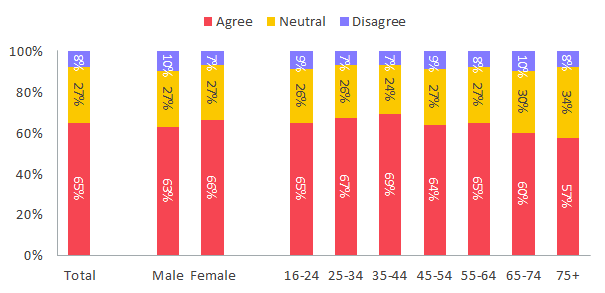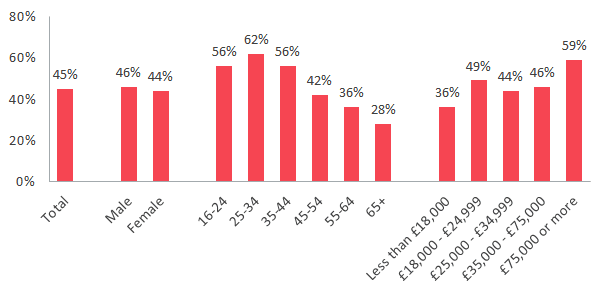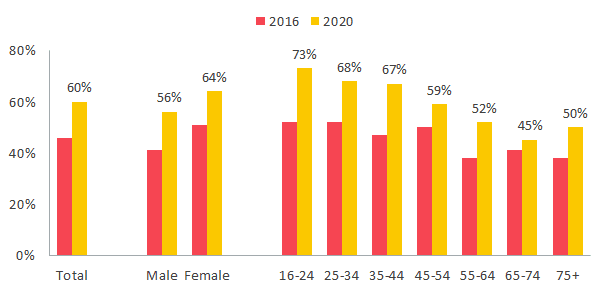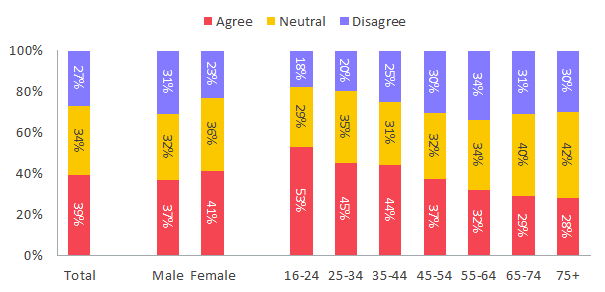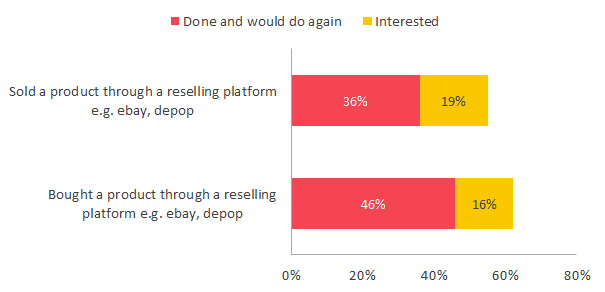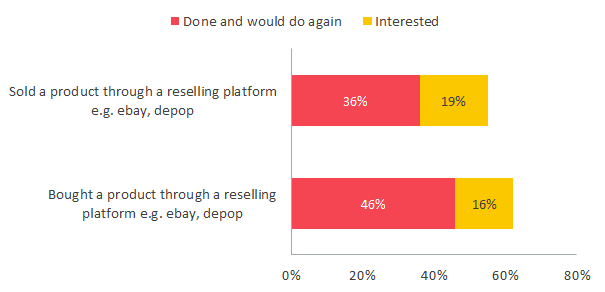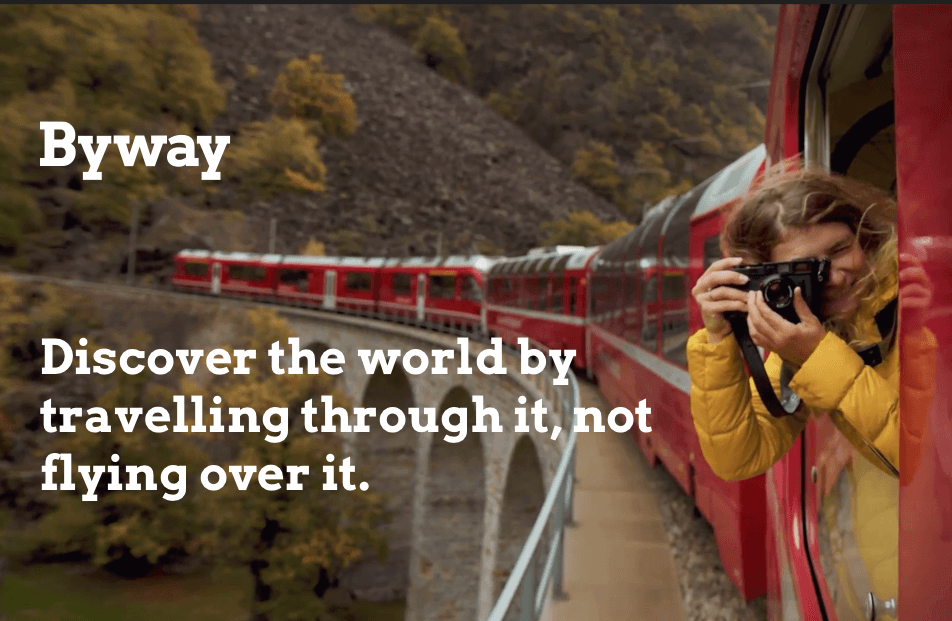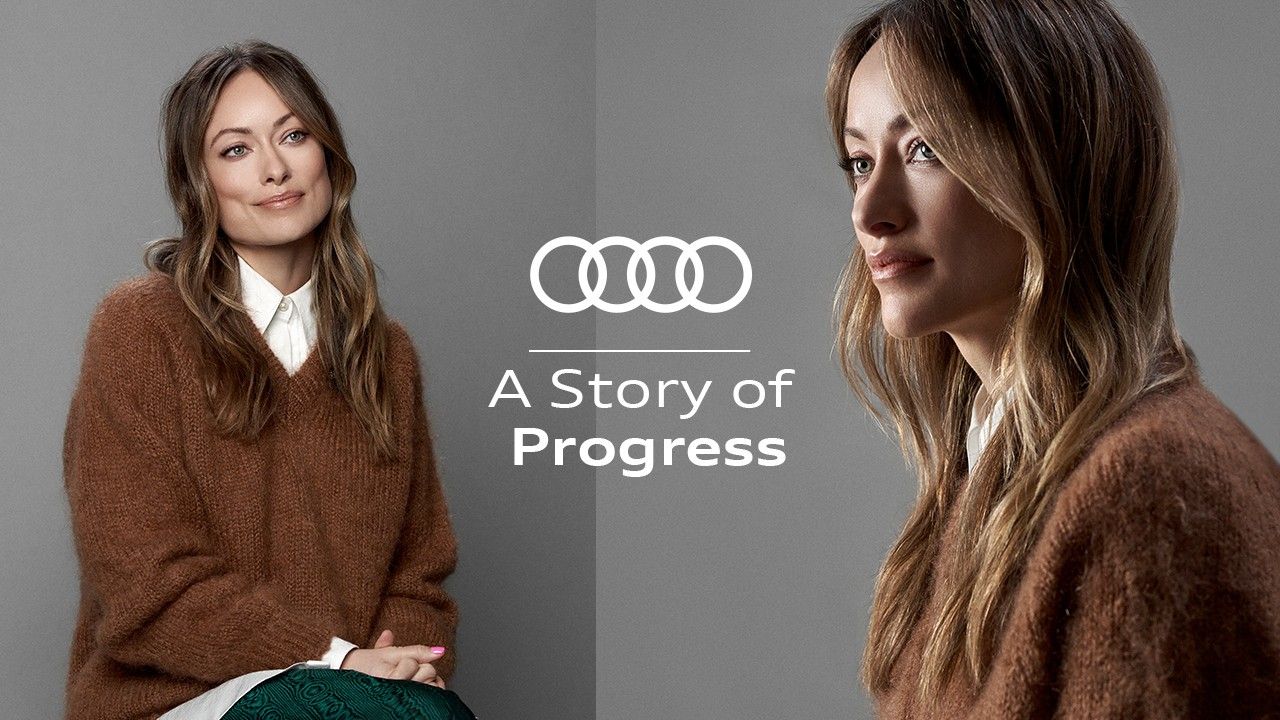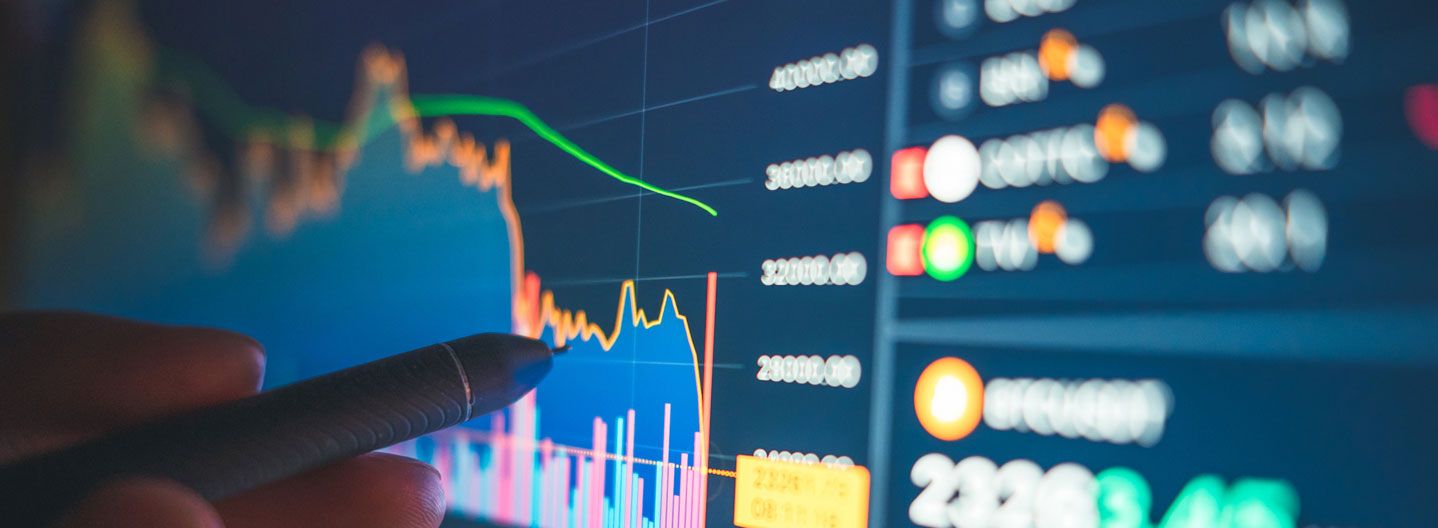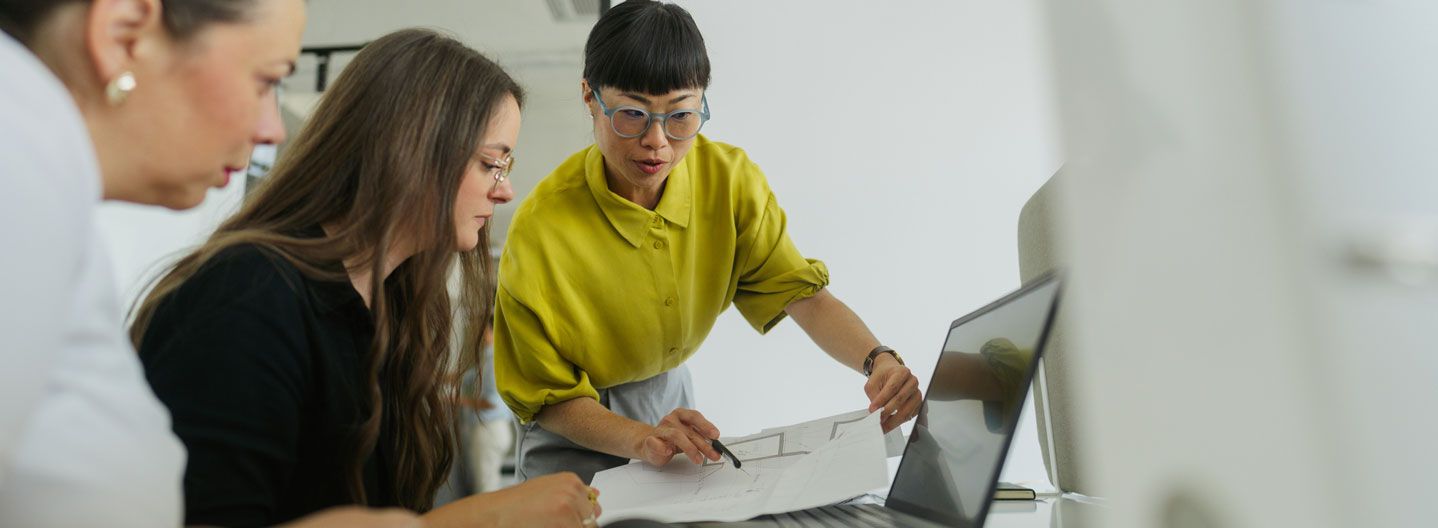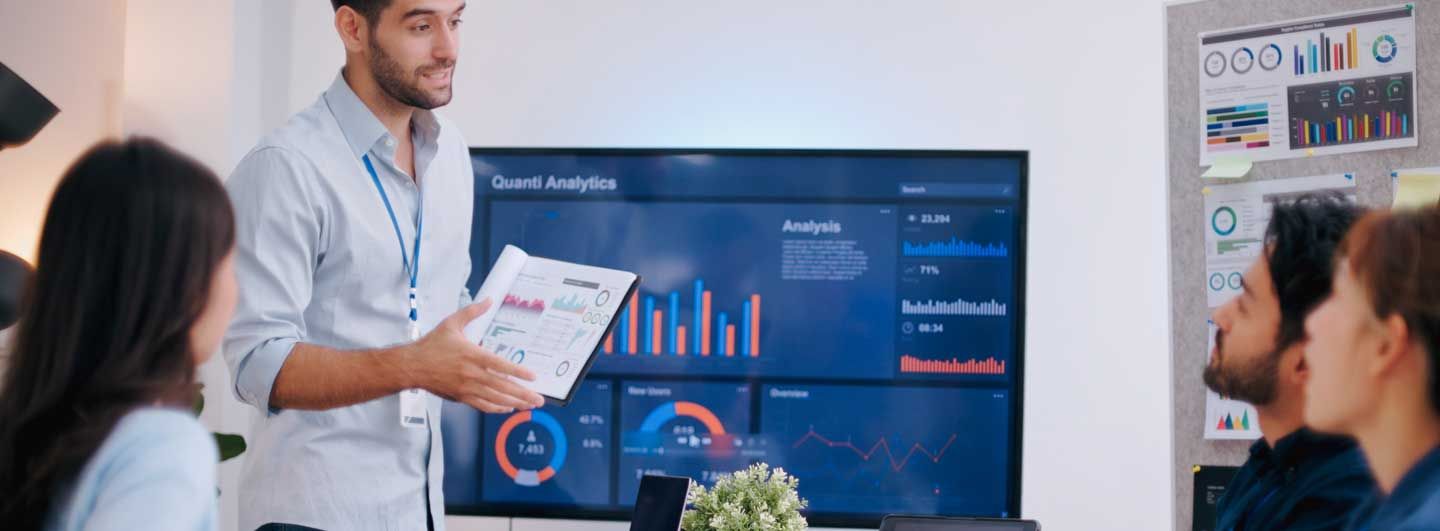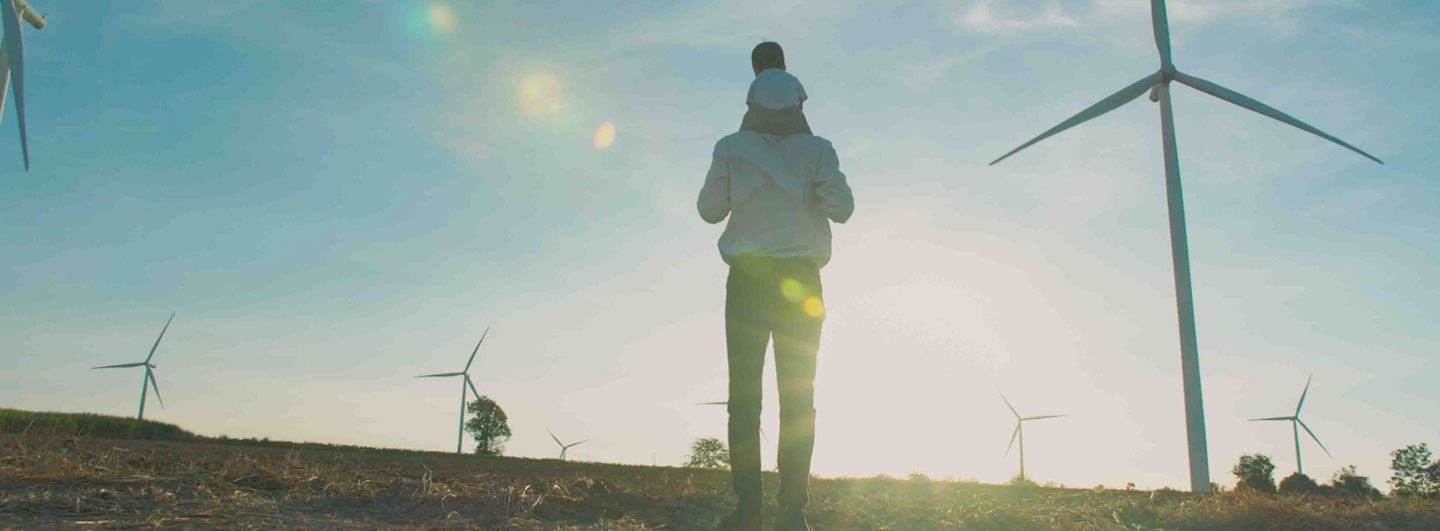
23rd Feb 2022
Future Trends: The Value of Sustainability
Welcome to the second article of the DMA's Customer Engagement: Future Trends 2022 series, sponsored by dotdigital, Merkle and Salesforce.
In the first article we looked at the main changes - in terms of consumers' actions and mindset, in a more digital and social media-managed world to shed light on what influence winning strategies will look like tomorrow.
However, when planning communication and engagement strategy, other than focusing on "where", brands should have very clear "what" is close to their customers' heart and therefore learn "how" to act and talk to them.
Amid the pandemic, consumers' concern about environmental and social sustainability have only intensified, making it an increasingly important differentiator for brands. While other factors remain important, brands might want to invest in the opportunities’ sustainability can offer to gain and retain customers. Eco-initiatives are a great opportunity to shape a genuinely responsible brand image, especially when delivered alongside actions that target broader socio-economic sustainability issues.
Personal values connected to a more respectful approach towards wider society and the environment are already driving changes in consumer behaviour, challenging the traditional linear model of consumption. Brands can involve customers through acts of compassion and generosity, for example by donating or selling items they no longer use, providing charities with a financial lifeline while also reducing waste.
Keep reading to learn the key insights into how consumer behaviour is shifting and what brands can do to promise a more sustainable future for the next generation.
The Trend
Once coronavirus will be (hopefully soon) contained, climate change will be the dominant global threat.
Unbearable summer heat, erratic weather conditions and water shortages have become the norm - a call to action is an imperative. The likelihood of a climate catastrophe is intensifying day by day, and behind ambitious new climate targets lies a single truth: everyone needs to make sacrifices and we all need to change our behaviours to prevent the evitable disaster.
Nonetheless, the link between the environment and humans' health is strengthening - people fear pollution, biodiversity loss and resource insecurity as risks to their own mental and physical health. In 2020, Foresight Factory' data revealed that 50% of UK consumers list climate change among the personal risks they fear over the next five years (up from 20% in 2016). Furthermore, consumers are also getting increasingly more aware that the health risks will fall more aggressively on those who are most disadvantaged in global society and in less affluent areas.
While people will do their best to make their lifestyle more mindful of the society's good, they will also ask to be updated on what the Government and businesses are doing and planning to do. Indeed, consumers will expect brands and organisations to play their role and take up the responsibility to build a better future by investing in environmental and social activities. For instance, in 2020, Foresight Factory found that 65% of UK adults thought governments should do more to support their citizens and organisations by providing guidance and planning initiatives. Furthermore, in 2021, 65% said they expect companies to make amends for past damage they have done to the environment.
Admitting weaknesses makes brands seem more human - everyone assumes brands are fallible (read more about the pratfall effect). How strongly do you agree or disagree with the following: "I expect companies to make amends for past damage they have done to the environment"
Quick and smart adaptation is the new great opportunity for brands to differentiate themselves - reducing emissions, supporting their local communities and investing in initiatives to fight social injustices is what will make customers turn their head. Furthermore, B2C businesses will also have the chance to help their customers in doing their part by providing them with guidance and innovation.
The Insights - Values-first shopping
Data from the DMA's report (Acquisition and the Consumer Mindset 2021), highlights a big slice of customers (45%) who are keen and determined to reflect their beliefs and morals through their wallet choices.
The request of being able to filter product lists by personal values comes more strongly from more than half of young consumers, especially those aged 25-34 (62%), as well as people with an annual income over £75,000 (59%).
How much do you agree or disagree with the following: "When online shopping, I wish I could filter product lists by my values" (% agree)
But which values are consumers after? Sustainability is a major focus, however it's not all consumers are asking brands to act on. As we mentioned earlier, more and more customers are increasingly interested in supporting minorities, marginalised groups, local businesses, and all the causes close to their heart. In 2019, Foresight Factory's data found that 60% of global consumers liked it when brands addressed current social issues in their advertising.
Especially among younger consumers, there is a growing understanding of ethical products – social justice issues are viewed as interconnected, as an individual ethical concern cannot be separated from the others.
For instance, following the Black Lives Matter movement in 2020, consumers have started to demand products and brands able to tackle race-related issues. In response, retail platforms have started to allow shoppers to search and finding businesses owned by people in minority communities.
Furthermore, as the pandemic has changed almost everyone's working conditions, people have started to rethink the meanings of "work" - who does it and how it should be compensated. Consumers want to know more about how brands treat their workers and, in 2020, 63% of full-time employed consumers said they would be willing to pay more to prioritise human employment over robots.
How interested would you be in the following services: "A service that allowed me to check how ethical a product or service is before buying" (% selecting very or quite interested)
In 2020, 60% of UK consumers were interested in a service that allows them to verify how ethical a product or service is before buying it, a significant increase compared to the 46% registered in 2016.
Furthermore, 40% of consumers declared their willingness to spend 5% more for an ethical product, rising to 53% among very young (16-24) and young customers (25-34).
Fun fact - weekly alcohol drinkers (41%) are more likely than non-drinkers (35%) to agree with such a statement, as Foresight Factory found in 2020.
How strongly do you agree or disagree with the following: "I am willing to spend 5% more on a product if it was ethically produced"
Buy, Use, Re-purpuse
Businesses and consumers are already facing the pressure to quantify the eco-impact of products and lifestyles.
The traditional buy-use-discard linear model of consumption needs to change, leaving the stage to new opportunities able to guarantee circular and, therefore, more sustainable approaches. A circular approach allows people to limit waste via a more efficient use of materials as well as by reusing or repairing items rather than throwing them away.
In 2021, based on Foresight Factory’s data, 73% of UK consumers said they were trying to reduce the amount of household waste they produce – women (56%), in particular, also mentioned their effort to buy fewer items.
A growing aversion to waste and changing attitudes towards ownership have attracted consumers towards platforms and brands offering the opportunity to sell their unused products as well as buy second-hand items.
Which of the following have you done, and which would you be interested in doing in the future?
Data shows that more than half of the consumers (62%) have bought a product through a reselling platform and would be interested in doing so again – a figure that remains relatively stable across demographic groups.
Similarly, the top 3 reasons for buying products on reselling platforms are the same across generations: to save money (49%), to find unique products (23%) and to help the environment (13%).
What is the main reason why you have/would buy a product through a reselling platform?
In contrast, selling through reselling platforms is lower among the youngest (32%) and oldest (25%) consumers, although the youngest consumers (33%) are those most likely to agree that they are interested in doing so.
Takeaways - Help them get less
The pandemic has surely been and still is a tragedy, for individuals, families, and businesses. However, it's also been an opportunity to try something new - a slow life, lived in contained spaces, where many have had the chance to focus on what really matters to them in life.
This has triggered the desire to cut down on non-essential spending and possessions, not only to live more sustainably, but also to reflect and reset. Many are the sectors that have already seen consumers drastically change their desires, needs and behaviours to adapt to this new 'less is more' mindset.
In the leisure space, for instance, there is the growing desire to shift international travel for simpler and more environmentally friendly staycations - in 2021 Foresight Factory registered that 25% of UK consumers expected to spend their vacation in the country more in the coming 12 months than pre-pandemic, while 31% expect to travel less abroad.
Similarly, people have started to be more selective about where they expend energy and who they spend time with, changing their perspective on social life and its meaning - 30% agree they feel overwhelmed by the prospect of a busier social calendar will be removed.
In other words, consumers are demanding empathy, respect, and compassion. Meaning there are big opportunities for those businesses that will be able to listen to this new 'request of care' towards the individual, the wider community, and the Earth.
Furthermore, living at one's own pace isn't for everyone and over time people are becoming more and more conscious of the luxury they have been given. Hence, the rise to give back to the world by being more attentive on making ethical choices and paying back their privilege with good actions.
Empowering messaging that emphasises how everyone can contribute to a greener, fairer and more optimistic future will resonate with your customers and will create an opportunity to collaborate together on a better future for everyone.
Make it feel easy - A lesson from Behavioural Economics
According to Foresight Factory's data 62% of UK adults said they are interested in learning how to be more respectful of the environment and 34% agreed that the environmental impact influences their food and drink choices.
Often, knowing where to start, is the key to tackling a problem.
Let's take food waste, for instance, a rather complex problem with many root causes - improper meal planning (or no planning at all), ineffective food storage, forgetfulness, overbuying, cooking habits, etc.
As humans we create a lot of waste and most of it could be easily and significantly reduced. Learning how to minimise it is fundamental and brands could rise to the challenge and make waste reduction easier to both understand and apply for their customers.
In Canada, a study conducted by BEworks and sponsored by Hellmann’s, found that most people were convinced they already waste less than average - therefore, changing their beliefs around waste or reuse wasn’t going to be the solution.
Researchers tested several interventions with the "3+1 approach" coming up as the winning solution. The approach encouraged participants to think of meals as consisting of 3 main building blocks: a base (e.g. a starch food), a portion of vegetables/fruits, an optional protein, and a +1 - anything they fancy to make their meal tastier (e.g. dressings, spices, etc).
The core message of the programme was that the items in the three main building blocks, were interchangeable and households were provided with a set of flexible recipes showcasing the 3+1 approach. Additionally, researchers established a "Use Up Day" (only one!) where households had to pile together all the food about to expire and make a dish out of it.
What are the two major insights to take away from this study?
Often, the decision about doing something (or not), doesn't depend on how easy the task is but rather on how easy we perceive it to be
It's not enough to highlight the problem and its solutions, people need to be told exactly when and where to do it
The result of the study was brilliant - solid and long-lasting! Researchers registered a 33% reduction in food waste with 84% of participants saying they enjoyed the programme and 70% indicated that sticking to it, even after the study ended, didn't require too much effort. Moreover, the follow-up study that took place two months later found that over 64% of the households were still using the 3+1 rule for creating their meals.
Questions
Could your brand support consumers in finding offerings that align with their values?
How can your brand make its supply chains more eco-friendly?
How can your brand take advantage of the interest in reselling items?
How can your brand help consumers in meeting their waste-reducing goals?
Can your brand earn or win-back consumers’ trust by offering complete transparency, even if it means admitting past mistakes?
Does your brand know what charitable initiatives are close to your consumers' heart?
How can you bring together sustainable innovation from your brand to broader ideas of progress and consumer activism?
Case Studies - London Sock Company repurposes unwanted socks for the homeless
In 2020, the London Sock Company, in partnership with The Reclaimery, announced a charitable initiative inviting consumers to post their old and unwanted socks to the brand. How? At the moment of their purchase, London Sock Company give shoppers the option to add a free Amnesty return bag.
The socks would then be repurposed into fingerless gloves or neck warmers and given to homeless people through Crisis, a charity organisation.
This initiative allows consumers to both reduce waste and do good for society.
Case Studies - Byway: Travel through the world
In the middle of the pandemic, despite the restrictions that affected the travel industry, Byway launches its new idea of slow travelling with the tagline "Travelling through is better than flying over".
The travel tech startup offers itineraries for multi-stop European holidays that avoid plane travel. On the website consumers can choose between a selection of pre-packaged trips or build their own bespoke holiday by taking a quiz to determine their preferences and priorities. Since Byway launched in mid-2020, over 7,500 trips have been planned via the brand's trip builder platform.
Case Studies - Audi celebrates electric transition
In April 2021, as part of the launch of its new fully electric Q4 e-tron models, Audi created a series of short films to discuss and showcase the meaning of "progress".
Renowned people, such as the actors Olivia Wilde and Regé-Jean Page and athletes Malaika Mihambo and Stephanie Gilmore, talks about what progress means to them and their own stories of progression. All the films end inviting people to "be part of progress", with a direct link to a dedicated page for Audi's EV offerings.
Methodology
"Future Trends:The Value of Sustainability" is an initiative undertaken by the DMA in collaboration with dotdigital, Merkle and Salesforce and in partnership with Foresight Factory.
The report partially reviews data from the Customer Engagement: Acquisition and the Customer Mindset 2021. In addition, the DMA Insight department conducted desk research on industry trends, including the use of Foresight Factory's FFonline platform.
If you have any questions about the insights or methodology used, you can contact the DMA's Insight team via email: research@dma.org.uk
In partnership with ...



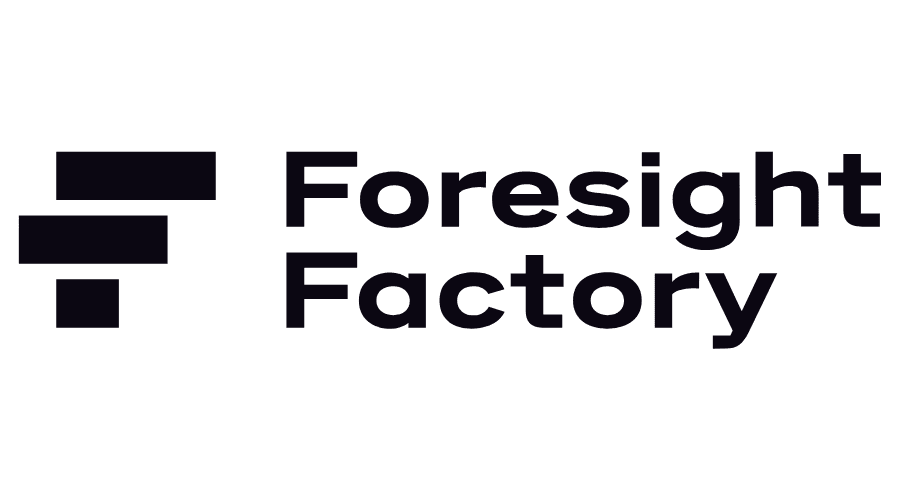
Related events and webinars
Related courses & qualifications
NOT A MEMBER YET?
Join today
700+ organisations. 27,000 marketers. One mission.
We’re uniting the marketing world with our innovative and inspiring customer-first approach. We provide resources, training, and support to empower marketers to ensure responsible data use, meaningful connections and sustainable success.
